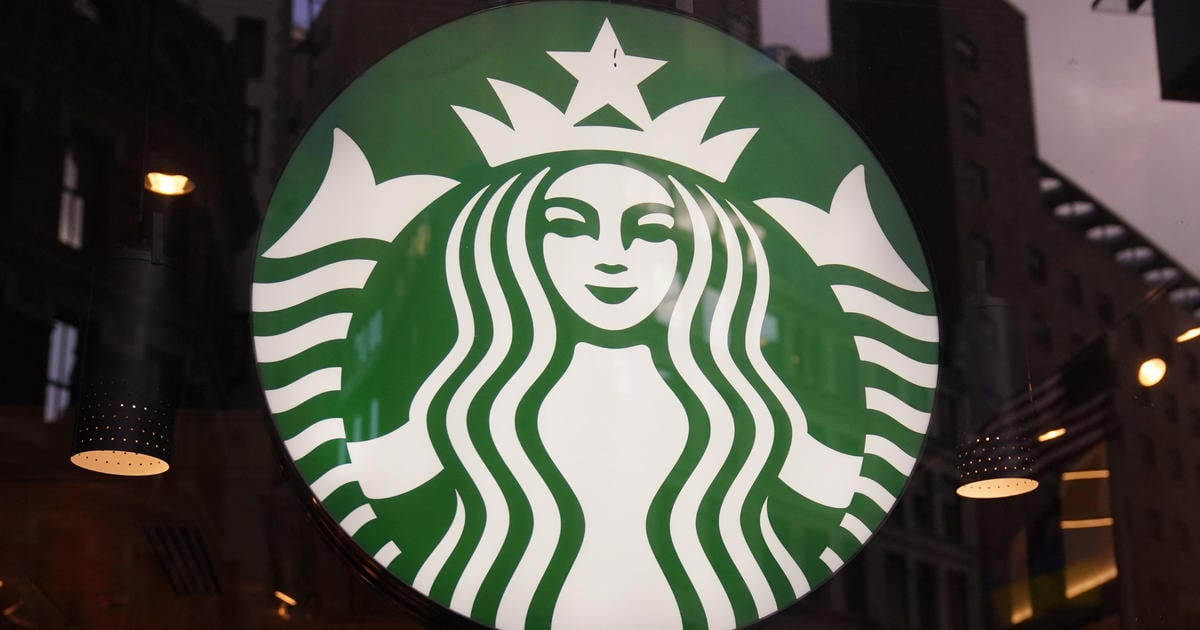- cross-posted to:
- labour@hexbear.net
- cross-posted to:
- labour@hexbear.net
Thousands of unionized Starbucks workers will walk off their jobs on Thursday, with the one-day work stoppages coming to protest the company’s stance with shops that voted to organize, according to Starbucks Workers United.
The labor action is timed to for Starbucks’ Red Cup Day, an annual event in which the coffee giant hands out holiday-themed reusable cups. Starbucks has refused to negotiate in good faith over staffing and other issues that are particularly acute during promotions, according to the union.
“Starbucks is creating unnecessarily stressful working conditions by scheduling promotion after promotion without increasing staffing,” Neha Cremin, a Starbucks worker in Oklahoma City, said in a statement to CBS MoneyWatch. “Starbucks has made it clear that they won’t listen to workers, so we’re advocating for ourselves by going on strike.”



Getting numbers for these kinds of things is quite difficult, since a lot of it is negotiated with a salesperson and is based on a mix of the quantity you’re looking to buy and the value you present as a long term contract to work with (i.e. how much other stuff do you buy, and how regularly).
But let’s look at examples to demonstrate the point. This article claims Costco sells 25lb flour for $13 and that matches my local experience (mine is actually milled and bagged like 5 miles from my house, which rocks). That works out to 3.3¢/oz. If I order the same brand (King Arthur from the article) for pickup from Walmart, a 5lb bag will cost $5.24, or 6.6¢/oz, or roughly double. Walmart’s store brand is actually a little cheaper at $4.34 for 10lb bag, or 2.7¢/oz, but that’s going to be a bit different in terms of quality. If you go to your local grocery instead (not Walmart), prices will be another 10-30% higher in my experience (like $7-8 for the same 5lb bag of King Arthur flour at my local grocery). If you’re a bakery, you’ll be able to get even better prices on flour.
Your local coffee shop isn’t going to be buying their beans from Walmart or Costco (though they may get their milk/creamers from there), but I’d expect the cost difference to look similar for low volume vs high volume shops. So something like 10-50% cost difference, depending on the item.
But that’s a pretty small percentage of the overall profit margin equation, especially for coffee where costs are more dominated by labor than ingredients. And in this case, larger orgs win again, here are some examples:
And so on. Larger orgs have lower base costs, their marketing dollars go further, and they get higher volume of customers. So the only way for a smaller business to compete is to offer something different, so they usually focus on overall experience (quality of service, interesting branding, etc) instead of cost. If they tried to compete on cost, they’d lose.